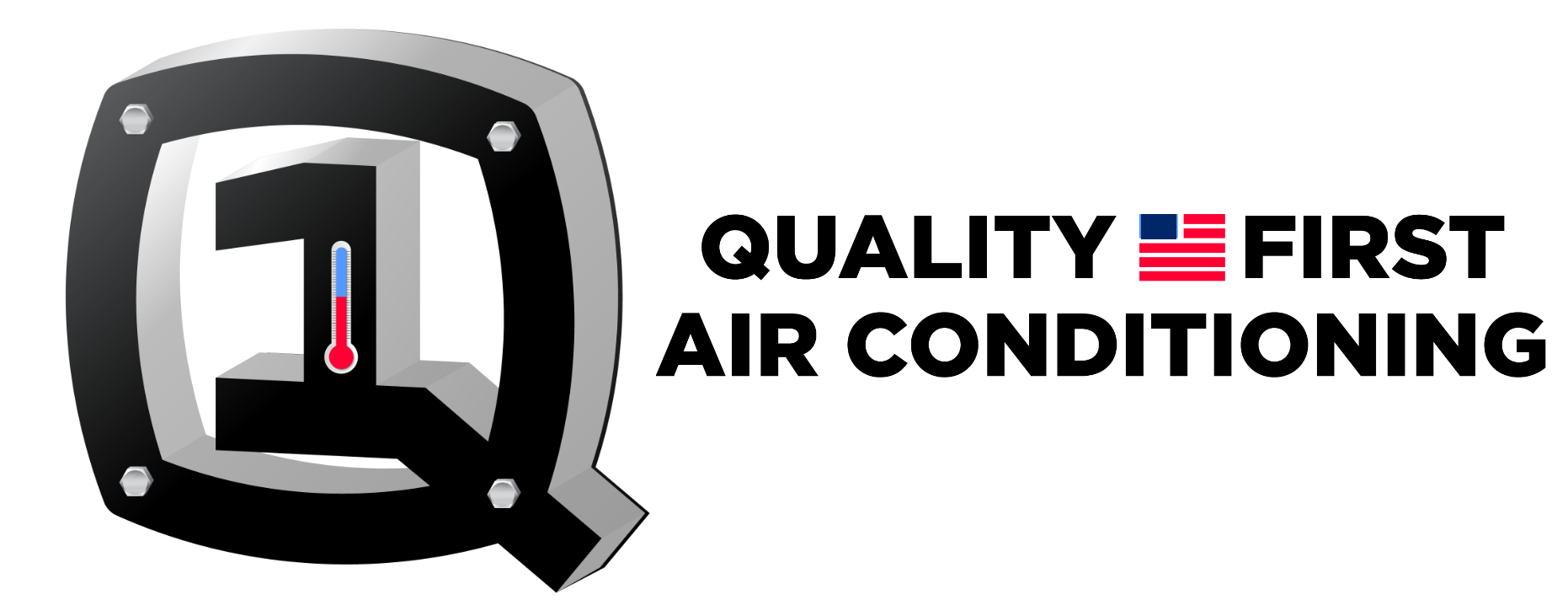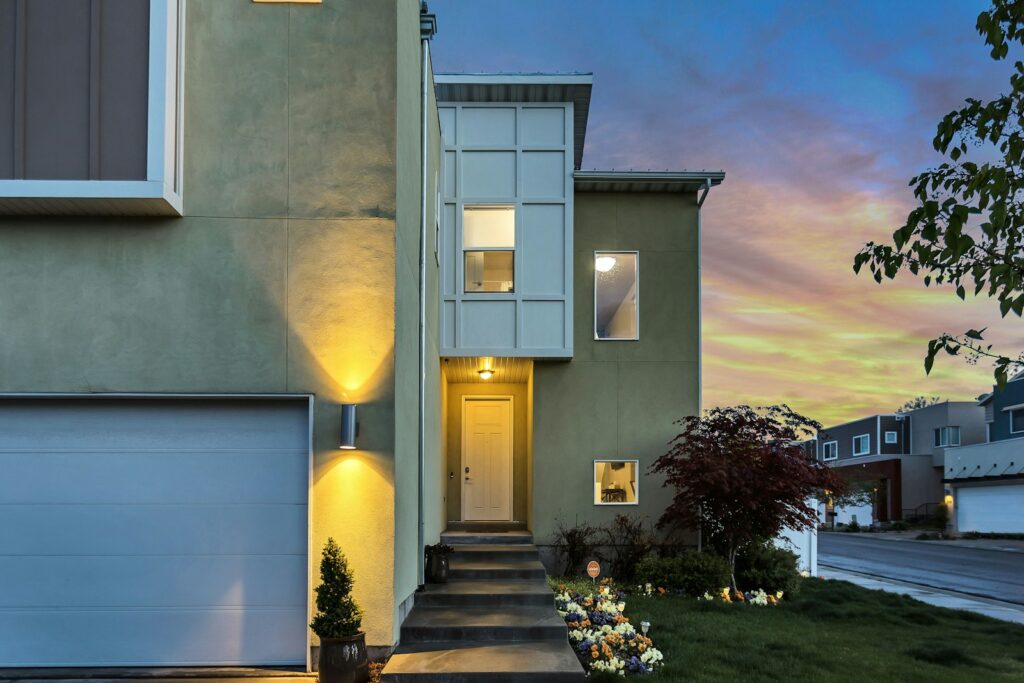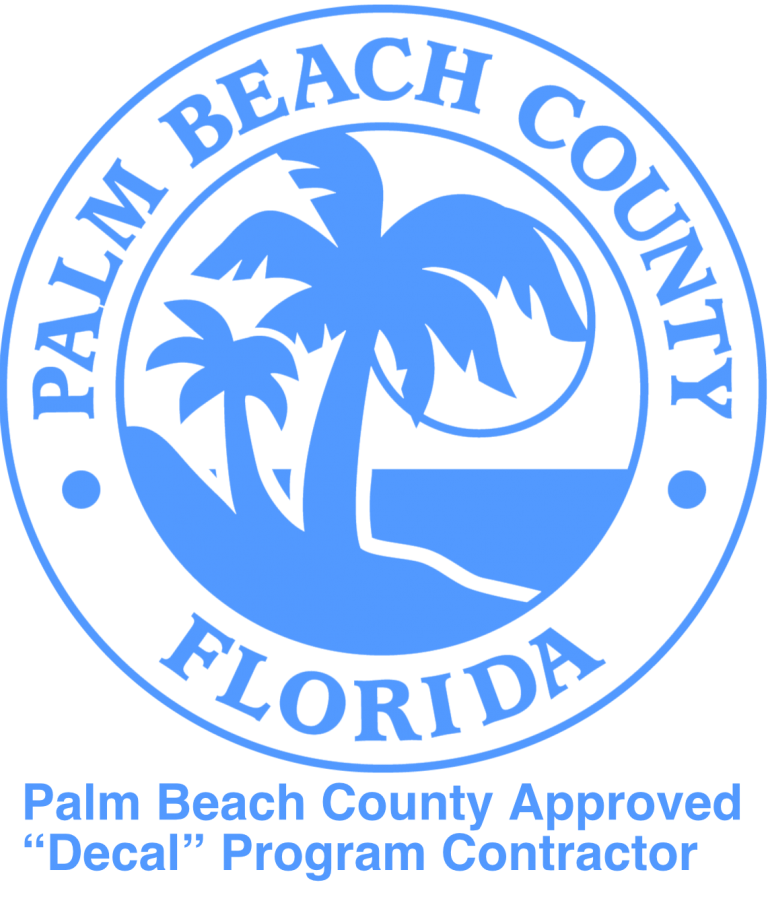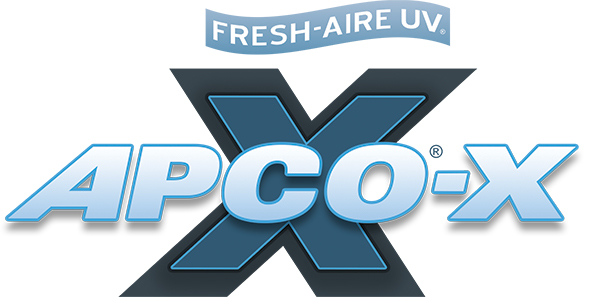-
Pool Heater Repair & Indoor Air Quality Specialists Boca Raton | QualityFirstAC.com: 10 Signs You Need
When your pool heater needs fixing or your indoor air quality requires a boost, you need expert help. At qualityfirstac.com, we’ve rounded up the best specialists in Boca Raton to keep your pool warm and your air clean. From quick repairs to top-notch service, these professionals have got you covered. Worried about finding the right team for the job? Look no further – we’ve done the hard work for you!
Scroll down to discover reviews of our top picks and make sure your pool stays cozy and your indoor air remains fresh all year round to maintain heat.
1. Inconsistent Heating
When your pool heater struggles to maintain a steady water temperature, it can lead to discomfort during swimming sessions. Uneven heat distribution throughout the pool is not only inconvenient but can also affect the overall enjoyment of the pool experience. Hot and cold spots caused by a malfunctioning heater can make certain areas of the pool less inviting or even unusable.

To address these issues effectively, timely servicing and maintenance of your pool heater are crucial. Regular check-ups and professional installations play a significant role in ensuring optimal heating performance for your pool. By investing in quality installation services, you enhance the comfort level of your swimming environment.
In some cases, improper installation could be at the root of inconsistent heating problems. Hiring experienced specialists who understand indoor air quality systems can help pinpoint and rectify such issues efficiently. Their expertise ensures that your pool heater operates at its best capacity, providing consistent warmth throughout your entire swimming area.
Maintaining proper heat levels in your pool is essential for creating an enjoyable and relaxing atmosphere for you and your guests to unwind in comfortably all year round.
2. High Energy Bills
Experiencing a sudden surge in your monthly electricity bills can be attributed to the increased usage of your pool heater. The excessive energy consumption by the pool heater is often the primary culprit behind unexpectedly high energy costs.
-
Pool heaters, especially older models or those in need of maintenance, tend to consume more energy to function efficiently.
-
Regular servicing and upkeep of your pool heater can help optimize its performance and reduce energy wastage.
If you notice drastic spikes in your utility bills coinciding with the use of your pool heater, it might be time to consider having an expert inspect and service it. Taking proactive steps towards maintaining your pool heating system not only ensures optimal performance but also helps in curbing unnecessary expenses on inflated energy bills.
3. Strange Noises from Heater
Unusual noises from your pool heater can indicate underlying issues that need attention:
-
Banging or Clanking Sounds: These sounds could suggest loose parts within the heater, like a broken fan or motor issue.
-
Continuous Rattling Noise: If your heater, used for pool heating, produces a constant rattling sound during operation, it might be due to debris caught in the system or a failing component.
-
Loud Screeching or Whistling Sounds: Such high-pitched noises often signal problems with the blower motor or issues related to air circulation.

Pool Heater Repair & Indoor Air Quality Specialists Boca Raton | QualityFirstAC.com: 10 Signs You Need
If you notice any of these strange sounds coming from your pool heater, it’s crucial to contact technicians specializing in pool heater repairs promptly. Ignoring these noises could lead to more significant malfunctions and potentially costly repairs down the line. Regular maintenance by skilled professionals can help prevent such issues and ensure your pool heating system operates efficiently throughout its lifespan.
Remember, addressing odd noises early not only safeguards your equipment but also contributes to maintaining optimal indoor air quality around your pool area. Technicians experienced in handling various types of heaters can diagnose and resolve these noise-related concerns effectively.
4. Pool Heater Shuts Off Unexpectedly
When your pool heater unexpectedly shuts off, it can be frustrating and disrupt your relaxation time. These sudden shutdowns often occur during heating cycles, leaving you with a cold pool when you were expecting warmth. One common issue that leads to this problem is the frequent tripping of the circuit breaker.
To address these concerns effectively:
-
Check for any loose wiring connections that might be causing the pool heater to shut off intermittently.
-
Ensure proper ventilation around the heater to prevent overheating and subsequent automatic shutdowns.
-
Consider consulting a professional pool heater repair specialist to diagnose and fix more complex issues like faulty sensors or malfunctioning components.
5. Difficulty in Maintaining Water Temperature
Constantly struggling to maintain the ideal water temperature can be a frustrating issue for pool owners. Despite setting the pool heating, fluctuations in temperature are common, requiring frequent adjustments to keep the water warm and comfortable.
This challenge not only affects your swimming experience but also indicates potential issues with your pool heater’s efficiency and performance. If left unresolved, pool heating could lead to increased energy consumption as the system works harder to regulate the water temperature.
Regular maintenance checks and timely repairs are crucial in addressing these concerns. Ensuring that all components of your pool heating system are functioning optimally can help prevent sudden drops or spikes in water temperature.
In some cases, inadequate insulation around pipes or outdated heater models may contribute to difficulties in maintaining consistent water temperatures. Upgrading equipment or enhancing insulation can significantly improve the overall efficiency of your pool heating system.
6. Visible Rust or Corrosion on Heater
Rust or corrosion seen on the pool heater’s exterior is a clear sign of potential issues. These visible signs often indicate underlying problems that could affect the heater’s performance. When parts of the heater show signs of corrosion, it can lead to inefficiencies and malfunctions in heating your pool water.
Rusty patches appearing on various components like pipes, valves, or the heater casing are warning signals that should not be ignored. The presence of rust can accelerate wear and tear on these crucial parts, ultimately impacting how effectively your pool heater operates. Addressing rust promptly can prevent further damage and ensure your pool heating system functions optimally.
Regular maintenance checks to identify and address any instances of rust or corrosion are vital for prolonging the lifespan of your pool heater. Ignoring these visual cues could result in more extensive damage over time, leading to costly repairs or even premature replacement of the entire unit.
7. Pilot Light Fails to Stay Lit
When your pool heater’s pilot light keeps going out, it can be frustrating and disruptive to your swimming plans. This issue typically arises from a faulty thermocouple, which is the component responsible for sensing if the pilot light is on.
If you find yourself constantly relighting the pilot light or noticing that it flickers and extinguishes frequently, it’s crucial to address this problem promptly. Ignoring this issue can lead to inefficient heating and even potential safety hazards due to gas leaks.
To ensure optimal performance of your pool heater, contact a professional technician specializing in pool heater repair. They will diagnose the root cause of the pilot light malfunction and provide expert solutions tailored to your specific situation.
8. Water Leakage Around Heater
Water leakage around a pool heater is a common issue that can indicate underlying problems with the system. If you notice water puddles or dampness near your pool heater, it could be a sign of leaking pipes or connections in the vicinity of the heating unit.
Leaking pipes or fittings close to the heater can lead to water seepage, potentially causing damage to surrounding areas and affecting the efficiency of your pool heating system. It’s essential to address any water dripping from the bottom or sides of the heater promptly.
Regular maintenance checks by qualified professionals can help detect and fix leaks early on, preventing further damage and ensuring optimal performance of your pool heater. Ignoring signs of water leakage can result in more significant issues down the line, leading to costly repairs or even premature replacement of components.
9. Heater Takes Longer to Warm Pool
Extended heating times for your pool heater can be frustrating, leading to longer waits before enjoying a warm swim. If you notice that your pool heater is taking significantly more time than usual to heat the water, it could indicate underlying issues that need attention.
One common reason for this delay is a dirty or clogged filter in the pool heating system. When filters are blocked, they restrict water flow and reduce the efficiency of the heating process. Regular maintenance and cleaning of filters can help prevent this problem.
Another factor contributing to prolonged heating times might be an aging or malfunctioning pool heater. Over time, wear and tear can impact the performance of your heater, causing delays in reaching the desired water temperature.
In some cases, improper sizing of the pool heater relative to the size of your pool can also lead to extended heating periods. Ensuring that your heater is appropriately sized for optimal performance is crucial in maintaining efficient heating times.
10. Error Messages Displayed on Heater Control Panel
Error codes or messages appearing on the pool heater’s control panel signify malfunctions that hinder normal operation. These indications are crucial in diagnosing issues promptly to ensure the system functions optimally.
When your pool heater’s control panel displays warning signals or fault alerts, it is essential to refer to the manual for specific error code explanations. Understanding these messages can help you troubleshoot and address problems efficiently.
Ignoring error messages may lead to further damage and potentially costly repairs down the line. Promptly addressing any faults indicated by the control panel can prevent more significant issues from arising in the future.
Regularly checking for error messages and promptly addressing them can prolong your pool heater’s lifespan and maintain its efficiency. Consulting a professional when encountering persistent error codes ensures thorough inspection and accurate repair solutions tailored to your system’s needs.

Summary
You’ve now got the lowdown on common pool heater issues. From erratic heating to pesky leaks, your heater might be crying out for some TLC. So, if you’re hearing strange clunks or seeing rust, it’s time to take action. Don’t let those energy bills skyrocket or your pool turn into an ice bath! A quick fix now can save you a ton of cash and keep your pool party-ready all year round.
Ready to dive into a cozy, warm pool? Get those heater problems sorted ASAP and make a splash with your friends and family. Your pool deserves the best care, so don’t leave it shivering in the cold. QualityFirst AC specialists are just a call away from turning your pool troubles into smooth sailing!
Frequently Asked Questions
Why is my pool heater shutting off unexpectedly?
If your pool heater keeps shutting off unexpectedly, it could be due to issues like a clogged filter, low gas pressure, or a malfunctioning thermostat. It’s best to have a professional technician inspect and repair the problem promptly.
How can I improve indoor air quality in my home?
To enhance indoor air quality, consider regular maintenance of your HVAC system, proper ventilation, using air purifiers or filters, and keeping your home clean. QualityFirstAC.com offers services that focus on improving indoor air quality for healthier living environments.
What should I do if I notice water leakage around my pool heater?
Water leakage around your pool heater could indicate problems with the pump seals or plumbing connections. It’s crucial to address this issue promptly by contacting professionals from QualityFirstAC.com to prevent further damage and ensure efficient operation of your pool heating system.
Can strange noises coming from my heater indicate a serious issue?
Yes, unusual sounds like banging or screeching from your heater may signal underlying problems such as loose components or mineral buildup. Ignoring these noises can lead to more significant issues down the line. Contact experts at QualityFirstAC.com for thorough inspections and repairs.
How do error messages on the control panel affect my pool heater’s performance?
Error messages displayed on the control panel of your pool heater are warning signs indicating operational issues that need attention. These errors can impact heating efficiency and potentially lead to complete breakdowns if not addressed promptly by qualified technicians from QualityFirstAC.com.


























